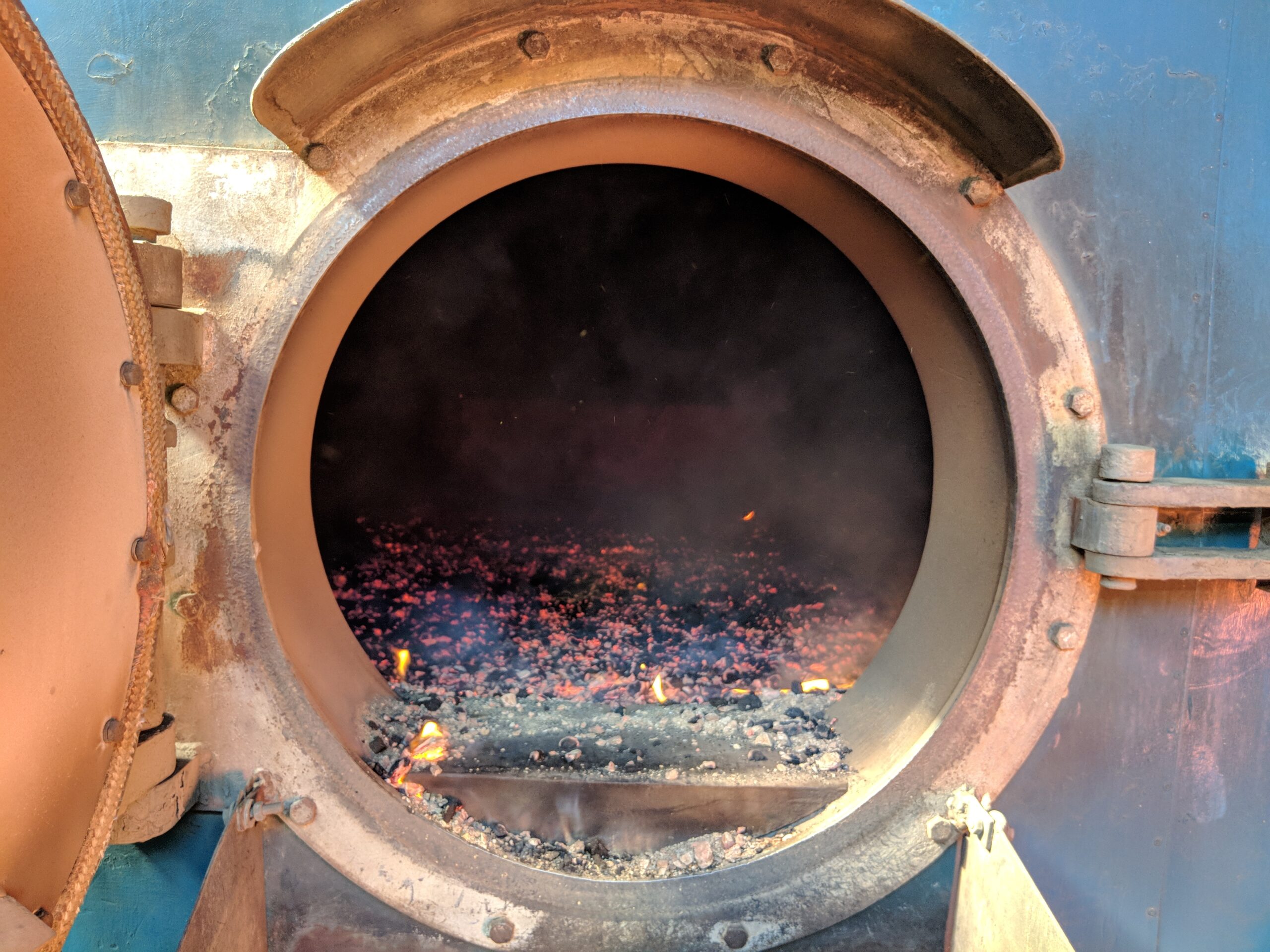
Lloyd McGinty
Senior Consultant – Energy & Carbon Director
In our report for the Energy Efficiency and Conservation Authority (EECA), we evaluated the availability of wood biomass for bioenergy use in Southland, to fuel the region’s big users – dairy factories, meat processors and others.
This work is part of a pilot investigation into decarbonising the process heat sector, nationwide.
We engaged Southland’s producers of forestry biomass – forest owners, timber processors and sawmill owners – as well as landfill operators – to find out how much wood, by-product and waste is produced which could be used as biomass energy.
The figures may surprise you.
We calculated that in total, almost 705,000 tonnes of wood biomass per annum is produced and could potentially be used as bioenergy. However, export logs and chip make up 42% of that volume, and a further 40% is contracted to domestic markets. Harvest waste left in the forest accounted for 17% of total volume, making waste recovery a viable option to pursue (and well within the energy requirements of Southland’s industry). Green waste from landfill accounted for the remaining 1%.


Senior Consultant – Energy & Carbon Director
Challenges lie in avoiding potential disruptions to existing markets, recovering unutilised biomass, and securing long-term supply for the end user. So what does Southland need to make the switch?
Forestry companies and their crews need specialised equipment and upskilling in resource recovery and a better understanding of bioenergy. A skilled regional coordinator could provide that training, and coordination of biomass supply for the end user.
While there will be some disruption to markets from competition, as demand for bioenergy increases – disruption can be reduced by excluding domestic market products from bioenergy calculations.
With the price of coal increasing and volatile, our price calculations for locally produced biomass energy are favourable. Biomass energy is a viable and affordable alternative to coal and electricity for Southland’s big energy users.

Level 3
2 Dowling Street
Dunedin 9016